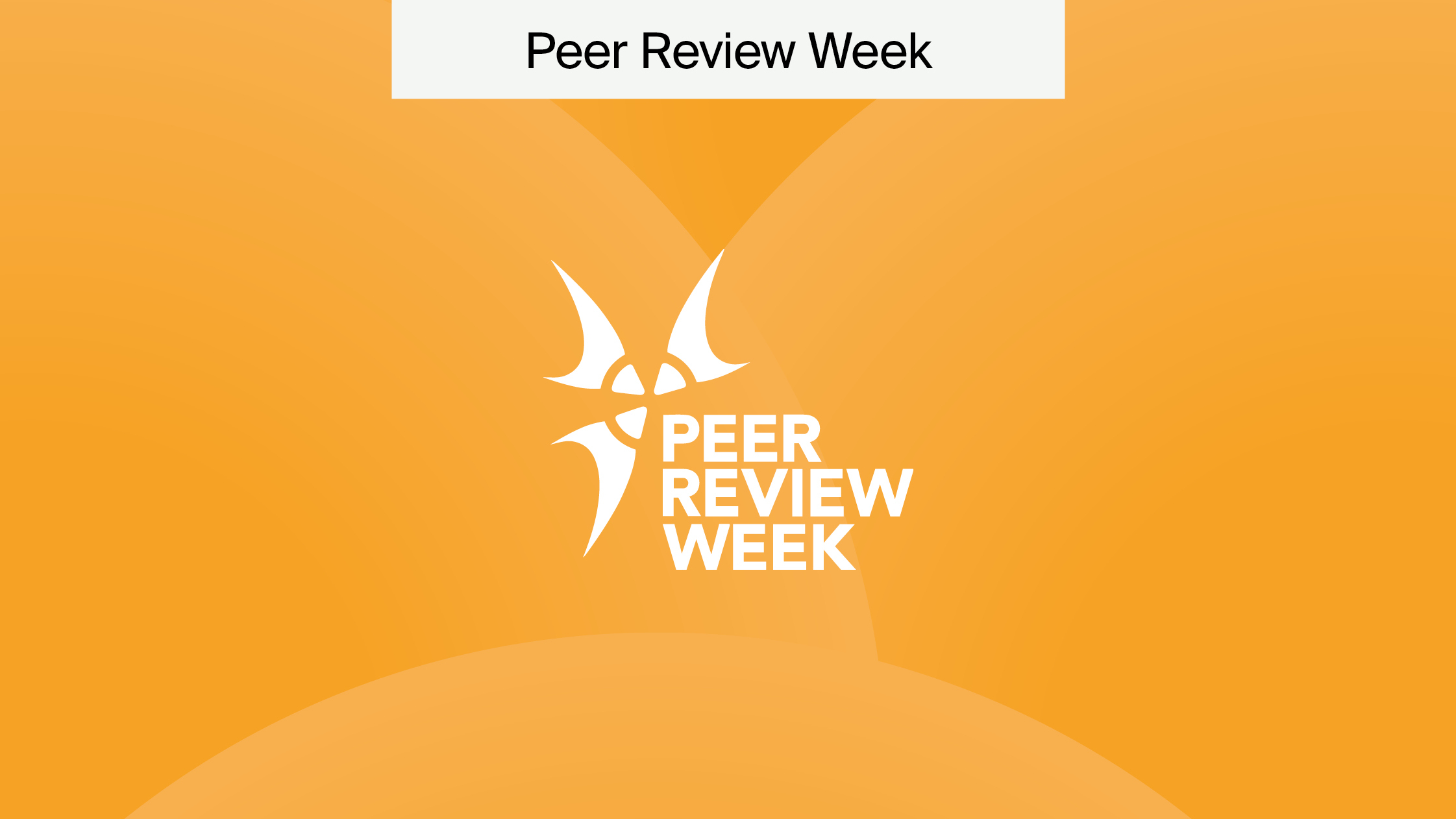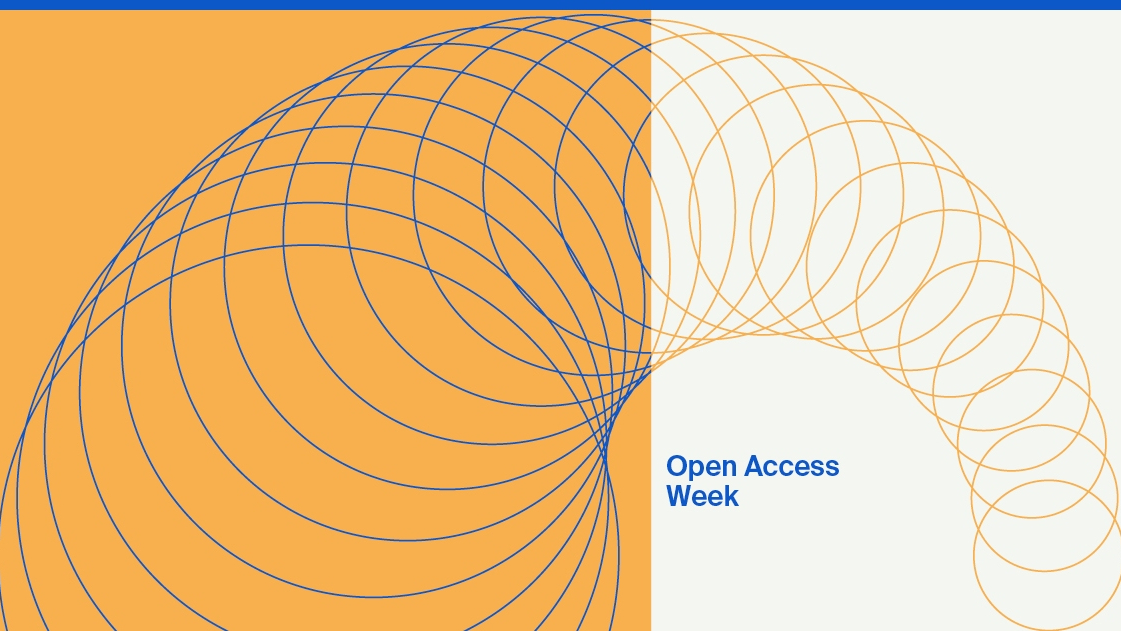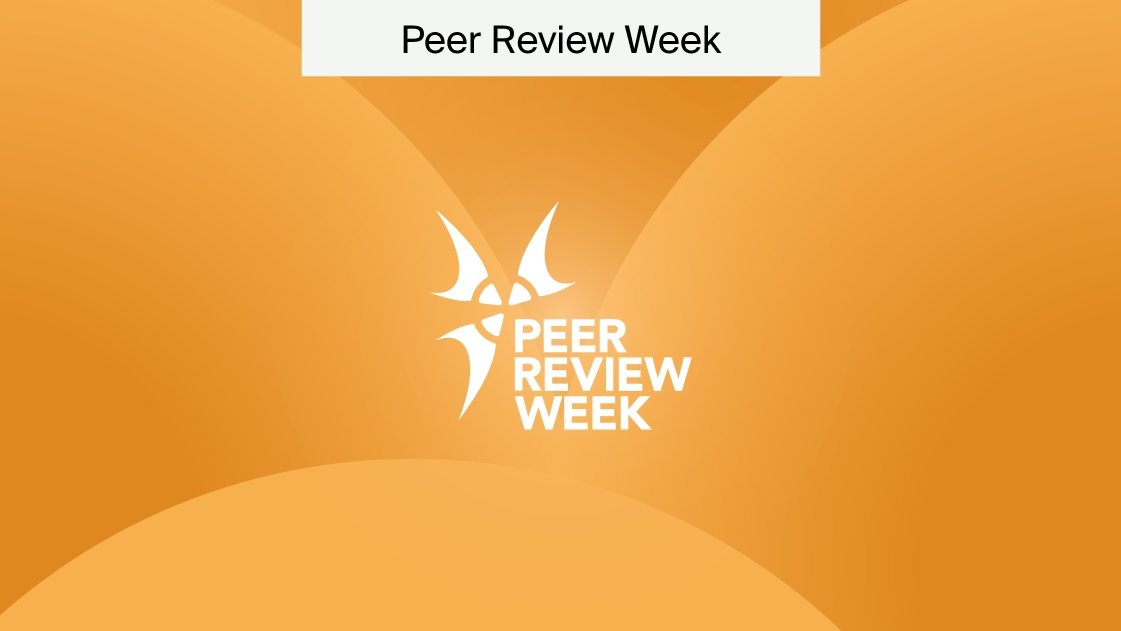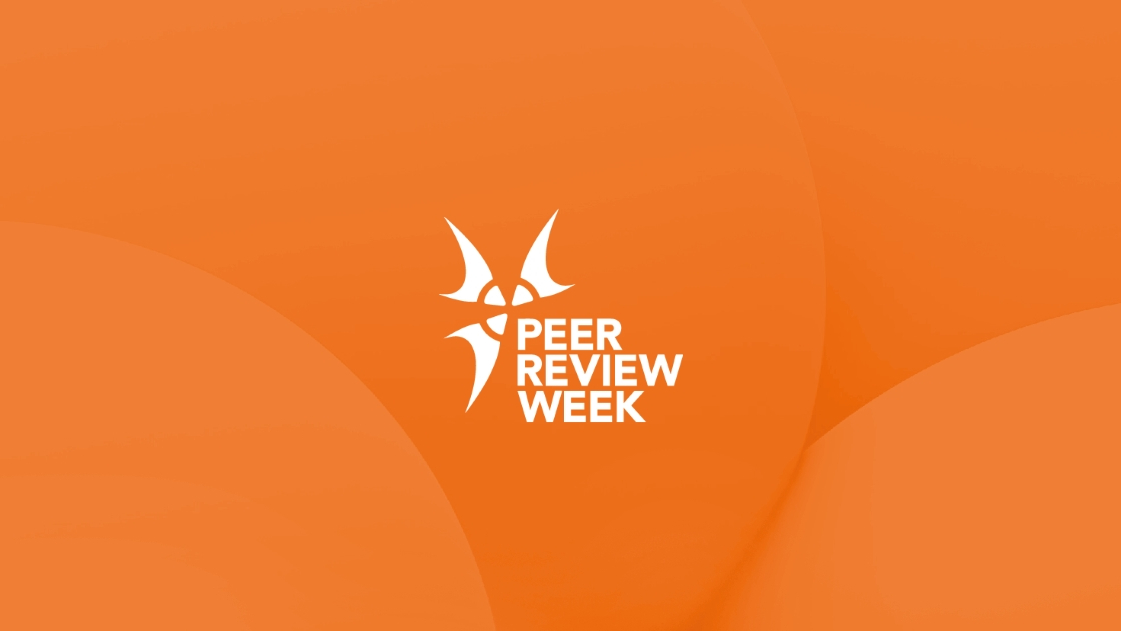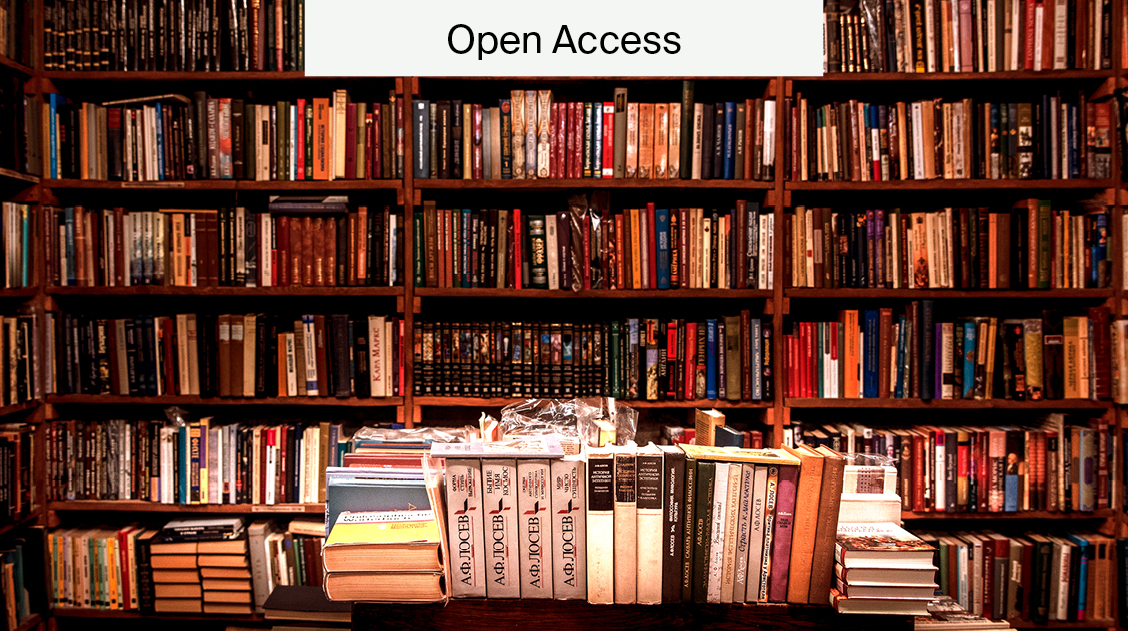
Committed to Open Access
MDPI is committed to Open Access of all our published research as a tool to disseminate and advance knowledge. We have recently undertaken to support several initiatives to clarify, strength and maintain the use of Open Access publication.
How is MDPI committed to Open Access?
One question that our readers may have is “how is MDPI committed to Open Access?” As you can see in what follows, there is a lot of interesting information to be found.
OASPA Principles for the Attribution of Scholarly Works
Hand-in-hand with making research available is providing recognition to the originators of new scholarly ideas and findings. We support the Open Access Scholarly Publishers Association’s (OASPA) new guidelines on attribution. They are summarized as follows:
- Researchers choosing Open Access and using liberal licenses do so because they wish to maximise access to and re-use of their work.
- Authors choose Creative Commons licenses in part to ensure attribution and the assignment of credit.
- The community expects that where modifications have been made to an article that this will be made explicit and every practicable effort will be made to make the nature and scope of modifications explicit.
- The community assumes, consistent with the terms of the Creative Commons licenses, that unless noted otherwise authors have not endorsed any republication or modification of their original work.
Global Coalition of Access to Research, Science and Education Organizations calling on STM to Withdraw New Model Licenses
Creative Commons copyright licenses also offer a clear and flexible approach to Open Access in many fields, including academic publishing. All MDPI published articles are available under a CC-BY license, ensuring both free use and credit to the authors.
STM have recently announced an alternative set of Open Access copyright licenses which we, along a number of other organizations, believe are unnecessary and will lead to confusion. We do not believe, as STM claim, that their licences are complementary to what Creative Commons offers, and we call on STM to withdraw their licenses and work together with Creative Commons.
The Lyon Declaration
Sustainability, development, and availability of knowledge are part of MDPI’s key principles. We are pleased to support the Lyon declaration to encourage the sharing of knowledge as a tool for improving the outlook of many disadvantaged people across the globe. By doing so, we encourage the United Nations to actively commit to this facet of fighting poverty. The aim of the declaration is the following:
The United Nations is negotiating a new development agenda to succeed the Millennium Development Goals. The agenda will guide all countries on approaches to improving people’s lives, and outline a new set of goals to be reached during the period 2016–2030.
We, the undersigned, believe that increasing access to information and knowledge across society, assisted by the availability of information and communications technologies (ICTs), supports sustainable development and improves people’s lives.
We therefore call upon the Member States of the United Nations to make an international commitment to use the post-2015 development agenda to ensure that everyone has access to, and is able to understand, use and share the information that is necessary to promote sustainable development and democratic societies.
MDPI’s commitment
We here at MDPI are committed to Open Access as can be seen by our mission statement.



